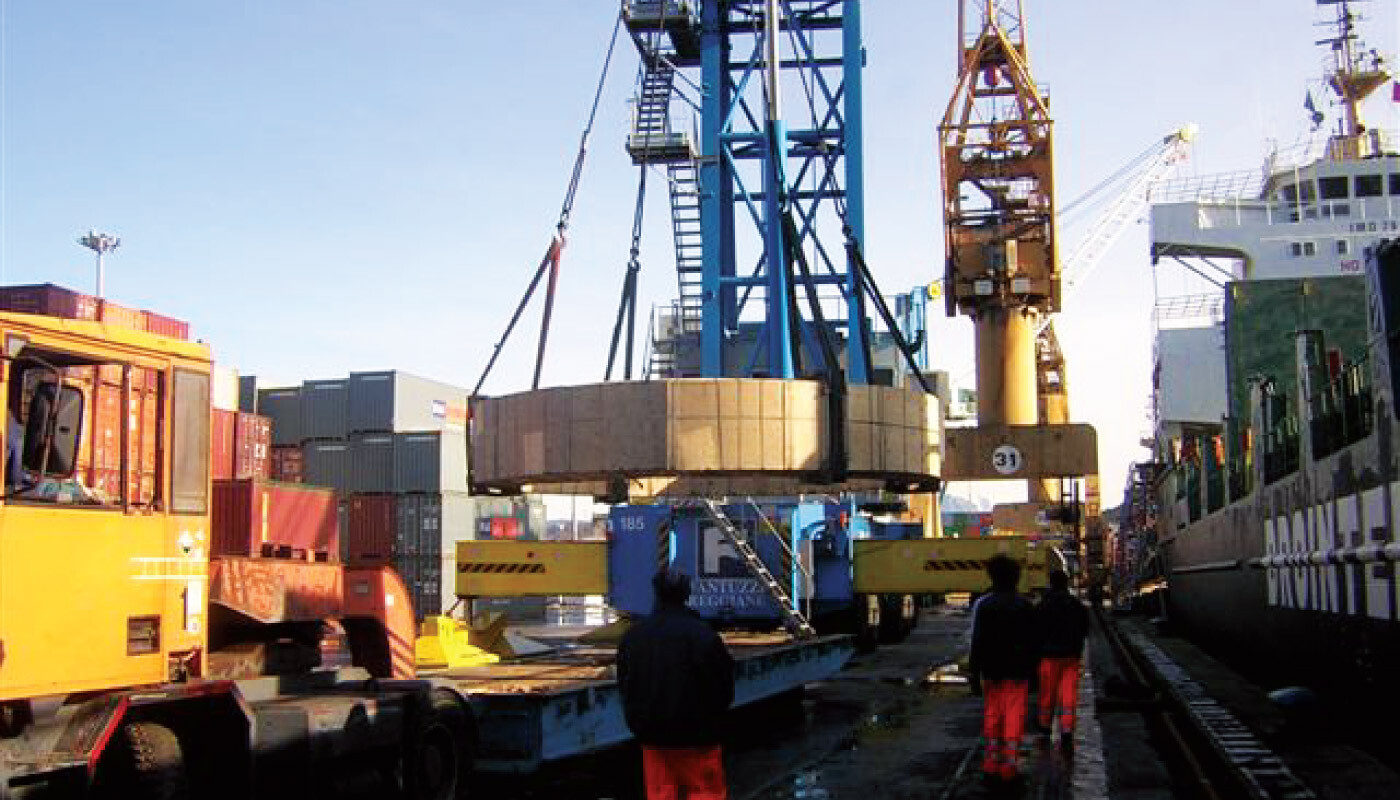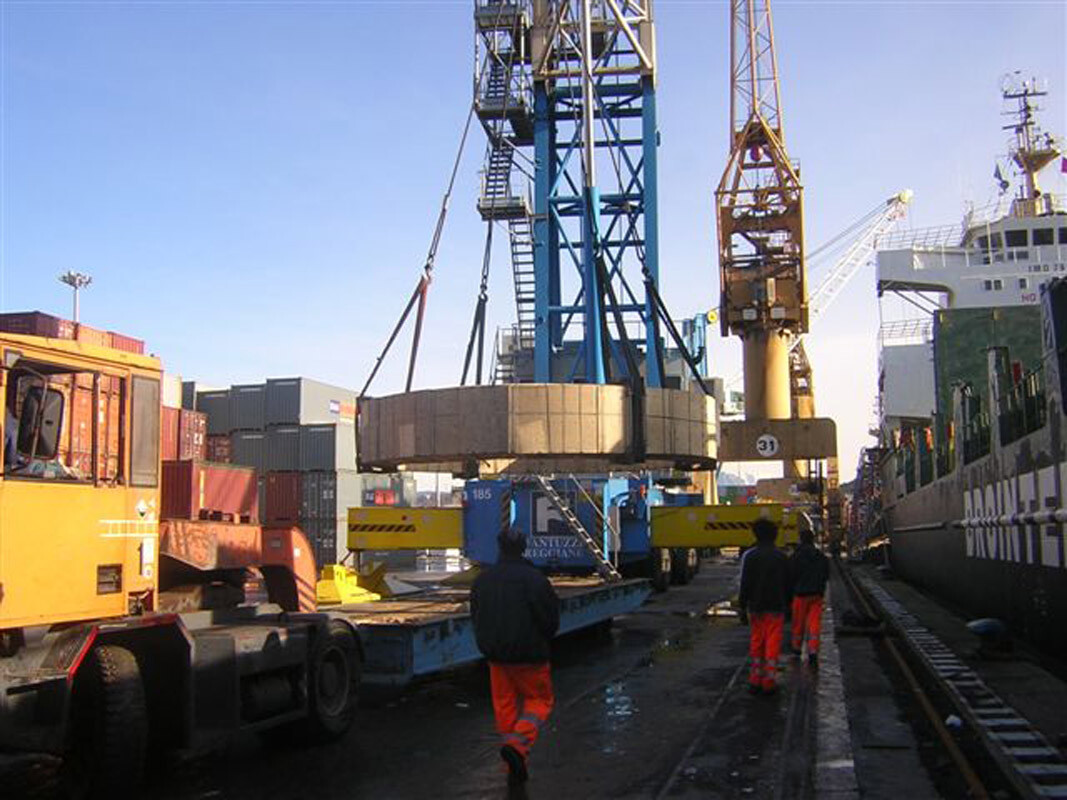
Interview with Mr. Torsten Bender, Managing Director
Firstly Torsten, could you tell us a bit about the history of Incotrans? I understand that your roots date back to the eighteenth century?
Yes, it’s true that the roots of our company date back to the eighteenth century, when the original version of this company was founded in the Netherlands. Incotrans developed liner services from the continent to both sides of the USA, the US Gulf and Central America. Its own ships were employed but it also co-operated with other carriers, such as ACL, which was part of the group. This led to a gaining strong experience in the container trade as well as in ro-ro and breakbulk shipments. Nowadays, Incotrans is a privately-owned shipping agency offering liner agency services as well as port agency services.
Apart from those agency services, Incotrans does offer logistic solutions for enquiring customers as well brokering services, particularly in the fields of breakbulk and project cargo. Our strongest focus is always on a solid customer relationships and service. Over the course of time, Incotrans has developed into an agency that is well connected in Germany, Austria and Switzerland.
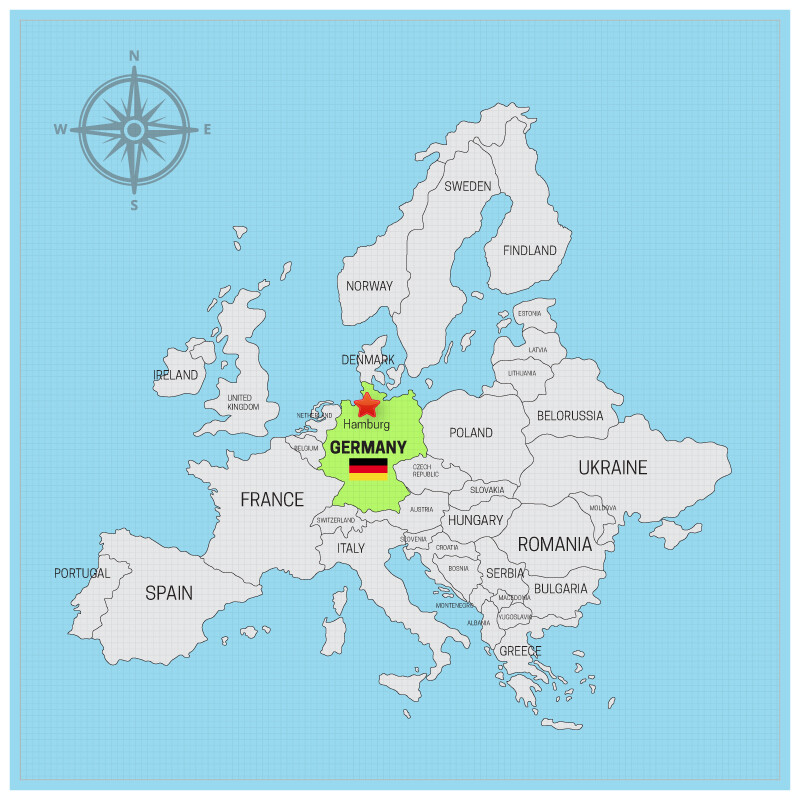
Has being a liner agent changed that much compared to the past? Some shipowners have now opened their own offices in many ports, thus not relying on the traditional liner agent. Is that a trend that you can confirm or is it changing back again?
You’re right that nowadays the number of liner agencies is decreasing. The trend of shipowners opening their own offices was once only true for container lines, but these days we also see a number of MPP owners opening up offices in various places over the world. This is also the case here in Hamburg and it’s hard to conclude whether this is good or bad for clients. Remember, we’re also seeing a consolidation in the forwarding world and we have seen traditional broker houses merging or disappearing. Shipping and logistics are going through a period of transformation in general.
In the past, the shipowner used to concentrate on the operation and running of a service using his agents’ intelligence and local knowledge. Today, the shipowner is trying to perform two different jobs at the same time. What is lost is the intermediary, who can offer solutions if problems occur.
Besides being a liner agency, please tell us a bit about your other activities. You’re a shipbroker as well, correct? Elaborate, if you will for our readers, on what kind of service that entails in today’s market.
Our other activities are cargo brokerage and cargo surveying activities and we are a worldwide broker for breakbulk and project cargo. Together with the respective clients, we define what exact service is required in this field.
This ranges from finding shipping solutions and booking space on vessels to market analysis for specific requirements. Another activity is surveying cargo and supervising loading and discharging. We did such a job for a German wind turbine producer, supervising the loading, lashing and discharging of components for a project in the North Sea. Our focus was on the documentation of the entire operation as well as reporting to the customer. This assignment kept our supercargo busy on the coast for around eight months.
For example, last year we offered, at the request of one of our closer clients, a full Ex Works transport solution from Mexico up to India. A dismantled press of some thousand tons and heavy lifts had to be picked up in the inland of Mexico and we offered to handle the local trucking via our local contacts, including port handling and booking the ship space up to India.
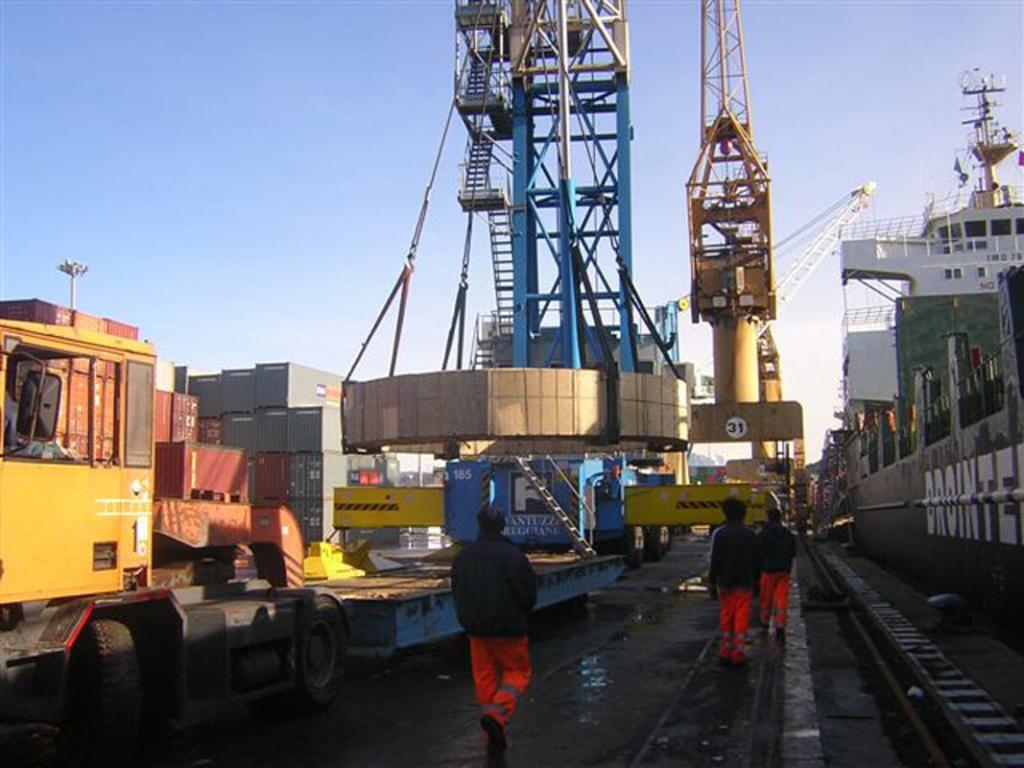
Do you sometimes handle project cargo? Could you provide us with some examples of cargo that you successfully have handled recently?
As I previously mentioned, handling project cargo is our main activity. We are kept very busy with project cargo in Latin America and Africa. Besides the Mexico-India project I mentioned, last year we transported diesel engines from Denmark and Germany to the USA.
We regularly carry mining equipment as well as railway cranes and power generation components. For one of our principals, we actively carry this kind of cargo to Thailand on a regular basis.
Recently we did ship power generation equipment from Germany to Latin America with maximum unit weight of 185 mt.
I believe that competition, particularly in Hamburg, is fierce. How do you ensure that you’re the first choice among equals?
Our aim is to support our client with good service, whilst at the same time offering reliable schedules. This is a daily challenge, but that is the fun of the daily routine. Our goal is total client satisfaction with our service, ensuring that customers feel comfortable returning to us for their next cargo booking.
We provide our clients with an expertise acquired over many years of experience in the breakbulk shipping world, which also includes consultancy on charter party issues, for example. We try to assist the client with finding the right transportation solution well in advance. That also includes going to the port and seeing the cargo after it’s been delivered so that we can assess whether the cargo matches with what has been booked.
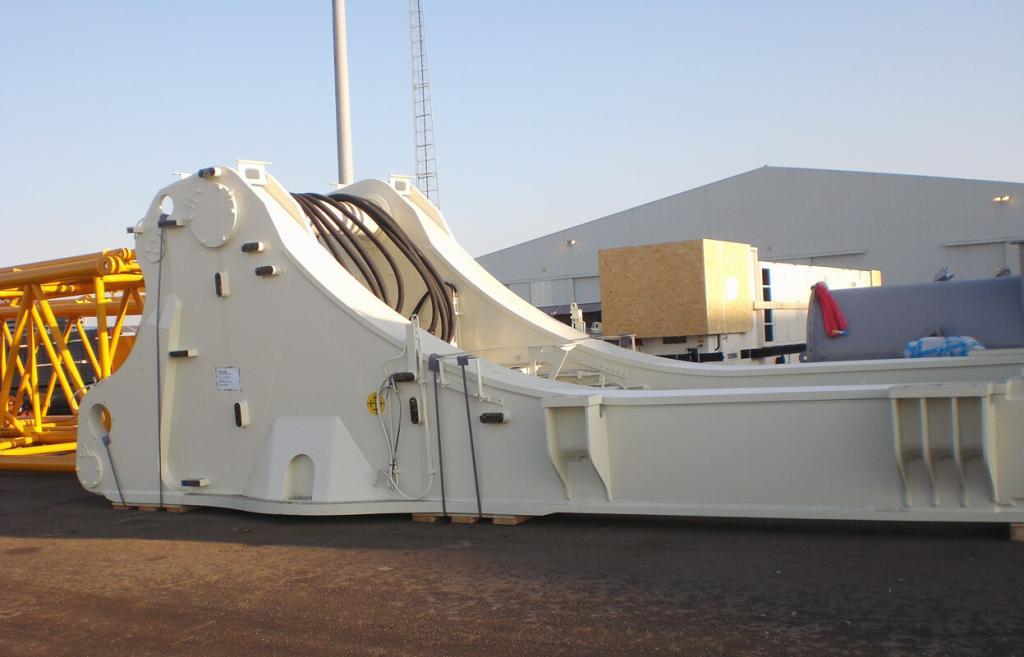
What do you like most about your job? What is the biggest change in shipping compared to ten to twenty years ago?
We very much enjoy quality contact with clients and principals and we still believe that this is of high importance.
The biggest change is definitely the style of communication. It’s much easier today to communicate with people all over the world. In the past the telephone was a very important tool, whereas nowadays one can stay in touch via e-mail or social media communication. But visits to clients still play an important part of our daily routine.
How to get in touch with you?
You can call or send us an email at the following:
Torsten Bender
Incotrans GmbH Linienagentur, Hamburg
E-Mail: t.bender@incotrans.com
Phone: +49(0)40 / 30 96 48 – 50/51
E-Mail: agency@incotrans.com

